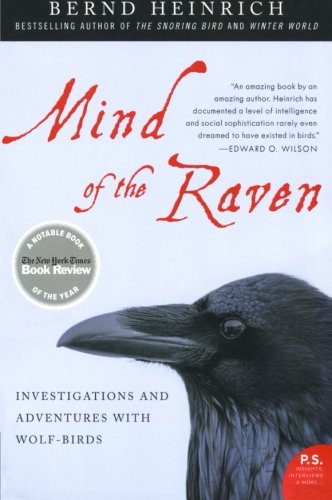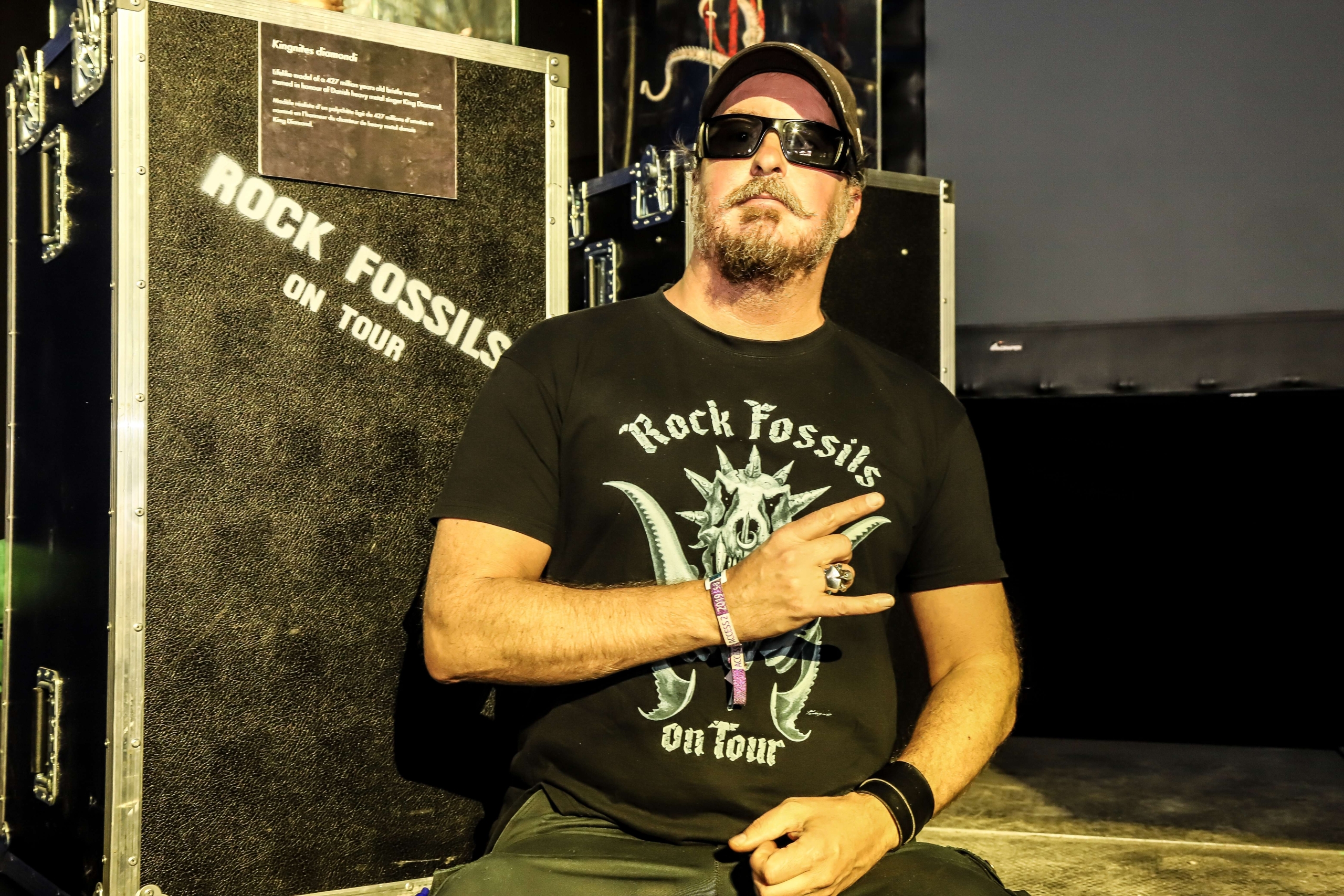Crastina is a platform for the exchange of experience, knowledge and inspiration regarding both scientific peer-to-peer communication and science dissemination
- What? An international network of (mostly young) people who love to communicate science & tech.
- Why? We think science needs to be communicated with more passion and professionalism.
- Where? On our website with interviews & resources + on social media + on Skype and IRL.
- Who? A content group (the Crew), a think tank (the Academy), + lots of friends & contacts.
- When? Right now – as a matter of fact, we’ve just geared up.

Bernd Heinrich, scientist and artist: “Our perceptions change with closer observation”
Interview with Bernd Heinrich, professor emeritus from the University of Vermont about the use of sketching and drawing as tools of science. Professor Heinrich is the author of bestselling, illustrated books in which he shares his reflections and observations about nature.

Beer loving academics out there: unite with #academicswithbeer!
With the hashtag #academicswithbeer, all the beer loving academics out there may now get in touch on Twitter. The initiative was taken by Elena Milani (@biomug) and Cristina Rigutto (@cristinarigutto) – two Italian academics with a passion for both beer and scicomm.

Vip Sitaraman, Draw Science founder: “ There is widespread disenchantment with the current mode of science publishing”
Vip Sitaraman, bio student from University of Arizona, has stirred up some attention with his project Draw Science – the world’s first open access journal entirely based on visual explanations.


















